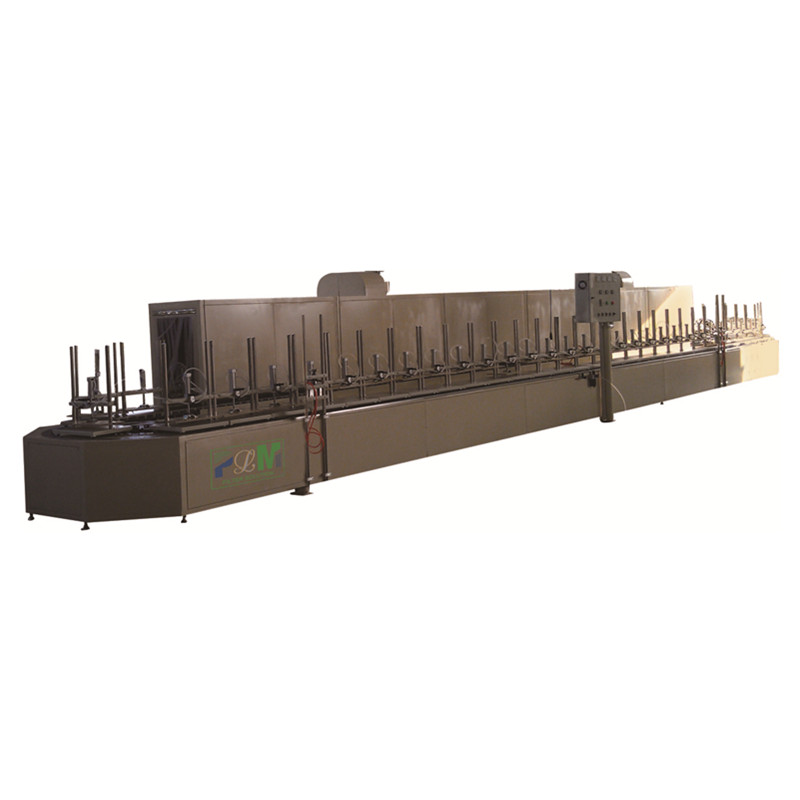Aug . 21, 2024 12:18 Back to list
Paint Stop Filter Maintenance and Replacement Solutions for Optimal Performance
The Importance of Paint Stop Filter Service in Industrial Processes
In the realm of industrial manufacturing, particularly in sectors where painting and finishing are critical processes, maintaining air quality and equipment efficiency is paramount. One of the essential components that facilitate these goals is the paint stop filter. This specialized filter is designed to capture overspray and particulates generated during painting operations, ensuring that the environment remains clean and that machinery operates optimally. However, the efficacy of paint stop filters depends significantly on regular maintenance and service.
Paint stop filters function by trapping paint particles and other contaminants before they can escape into the atmosphere or damage downstream equipment. These filters are typically made from high-efficiency materials that can capture fine particulates, which helps prevent pollution and ensures compliance with environmental regulations. In an industrial setting, the accumulation of paint overspray can lead to several problems, such as impaired visibility, equipment fouling, and increased maintenance costs. Therefore, implementing a robust paint stop filter service is crucial for mitigating these issues.
Routine maintenance of paint stop filters involves several critical steps. First, operators need to conduct regular inspections to assess the condition of the filters. This includes checking for signs of clogging, wear, or damage. A clogged filter can lead to decreased airflow, which in turn can cause inefficiencies in the painting process, leading to inconsistent finishes and wasted material. Moreover, a dirty filter can increase the workload on fans and blowers, ultimately impacting energy consumption and leading to higher operational costs.
paint stop filter service

In addition to visual inspections, the efficiency of paint stop filters can be evaluated through airflow measurements. By monitoring the pressure drop across the filter, technicians can determine whether it is time for cleaning or replacement. Generally, filters should be replaced according to the manufacturer's recommendations or based on the specific use conditions within the facility.
Cleaning is another vital aspect of paint stop filter service. Some filters can be cleaned and reused, while others are designed for single use. For those that can be cleaned, there are various methods, including compressed air, water, or solvent-based cleaning agents, depending on the type of filter material. Proper cleaning not only extends the life of the filters but also ensures that they function at peak efficiency.
Investing in a comprehensive paint stop filter service can yield significant benefits for manufacturers. Firstly, it enhances safety by reducing the levels of airborne contaminants which can pose health risks to workers. Secondly, maintaining clean filters helps to improve product quality by ensuring that the paint application process remains consistent and free from defects caused by particulates. Finally, a well-maintained filter system can lead to cost savings by reducing energy consumption and extending the life of equipment.
In conclusion, the significance of paint stop filter service within industrial painting processes cannot be overstated. Regular inspections, cleaning, and replacements are essential to ensure that these filters operate effectively, maintaining air quality and protecting equipment. Manufacturers who prioritize filter maintenance will not only comply with environmental regulations but also enhance their operational efficiency and product quality. Ultimately, investing in paint stop filter service is a strategic decision that leads to a cleaner, safer, and more productive workplace.
-
Cheap PLJY109-500 Full-Auto HDAF Expanded Mesh Spiral Coiling Machine - High Efficiency & Quality Manufacturer
NewsJul.08,2025
-
Best PLHJ-6 Full-Auto Eco Filter Rotary Heat Plating Machine - High Efficiency & Eco-Friendly Solution
NewsJul.08,2025
-
High-Efficiency Paper Pleating Machine for Filters Trusted Filter Paper Pleating Machine Company
NewsJul.07,2025
-
High-Performance Oil Filter for Cadillac ATS – Reliable Engine Protection Solutions
NewsJul.07,2025
-
High Quality PU Glue for Filters – Reliable Filter Glue Supplier & Exporter Get PU Glue Quotes Now
NewsJul.07,2025
-
China PLJL-4 Seal Leakage Tester for Spin-On Filter - High-Precision Multi-Station Testing Solutions
NewsJul.06,2025
